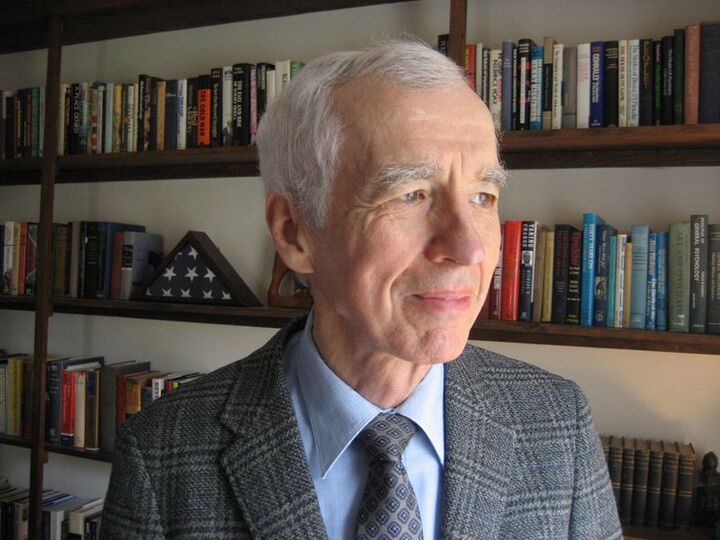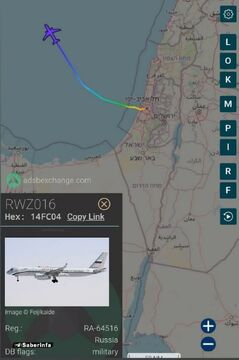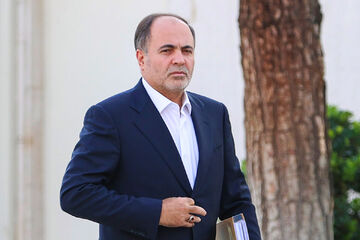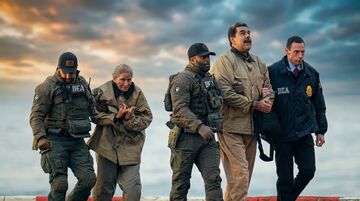TEHRAN (Bazaar) – Professor Paul Pillar, who was CIA intelligence analyst for 28 years, says the Biden administration's thinking on reviving JCPOA has been heavily affected by the anti-government protests in Iran and by Iran's role in aiding the Russian war in Ukraine.
“I would not expect much movement in the administration's efforts regarding the JCPOA until those other stories involving Iran somehow become less prominent,” Pillar told Bazaar news agency.
Following is the text of the interview:
Q: Jarrett Blanc, the U.S. deputy special envoy for Iran and one of the main players in the indirect negotiations with Iran's nuclear program, plans to soon leave the Ministry of Foreign Affairs and Robert Malley's team and join the Ministry of Energy. What is the reason for this change?
A: Such changes more often than not have to do with the career plans of the individual in question and do not signal anything larger about government policy. The people on Malley's team were on rotation from someplace else in the government, and it is hardly unusual to rotate out after a couple years, especially if there is not much that the team is having to do at the moment.
Q: The Axios sees this change as another sign that the Biden administration believes that there is no way to return to the JCPOA at the moment. what is your opinion?
A: Again, I would not read too much into personnel move such as this.
Q: The leaving of Blanc can be seen as a sign of the Biden administration's lack of focus on returning to the JCPOA. If so, when are they willing to start negotiations?
A: The administration's thinking on this has been heavily affected by the anti-government protests in Iran and by Iran's role in aiding the Russian war in Ukraine. I would not expect much movement in the administration's efforts regarding the JCPOA until those other stories involving Iran somehow become less prominent.
Q: The Hebrew newspaper, Israel Hum, wrote in a report that the US is making contacts with Iran on various issues, and it is possible to examine the possibilities of a limited agreement with Iran in the nuclear issue. What is your assessment?
A: Probably the issue of American citizens being held prisoner is the chief reason for the contacts. But there may also be interest in feeling out Iran as to whether there is any change in Iranian positions on the nuclear issue.
Q: Ned Price, the spokesperson of the US Department of State, said the US has ways to communicate with Iran regarding several worrying issues, including the issue of the release of American citizens detained there. The nuclear agreement has not been on Washington's agenda for months. We do not focus on this issue, but rather on the growing military involvement of Tehran and Moscow and Russia's war in Ukraine. Do you think that if a limited agreement is to be reached, the United States will link the issues of military cooperation between Iran and Russia to it?
A: There will not be a formal link between those issues in a negotiation, but there is an unavoidable domestic political link between the nuclear question and both the Ukraine war role and the Iranian government's crackdown on internal protests.















نظر شما